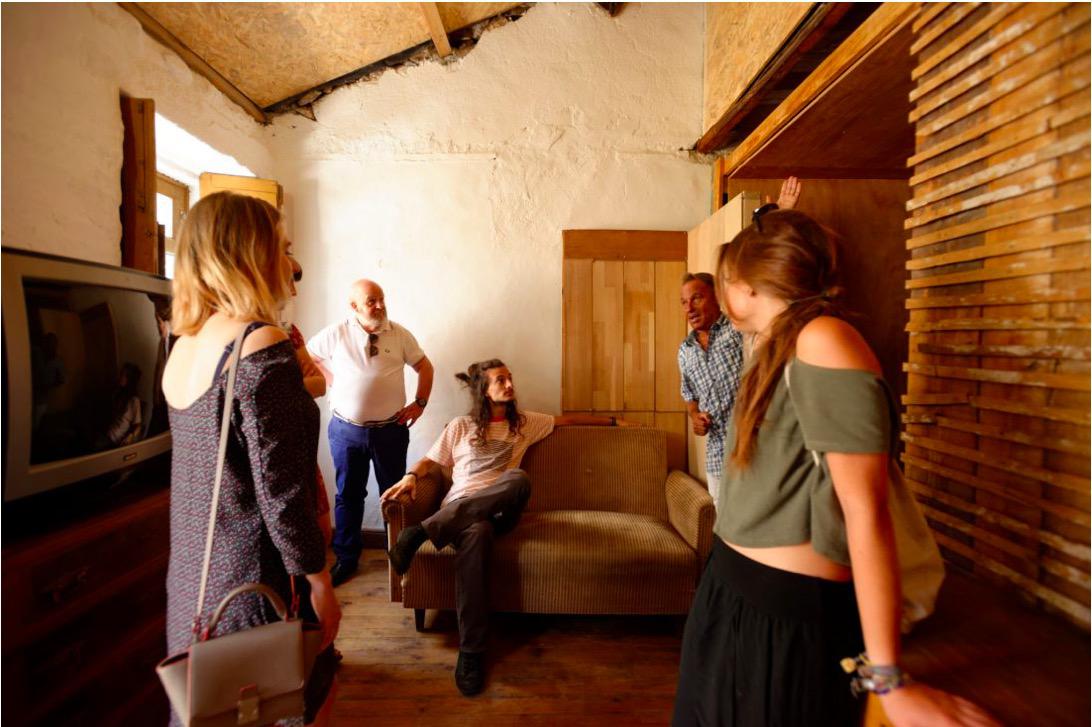CRITICAL CONCRETE, PORTO, PORTUGAL

PROJECT DESCRIPTION
Through Summer schools organised by Critical Concrete, an academic and social initiative, socially-relevant spaces – social housing, cultural centres and public spaces – are refurbished.
Activating
Critical Concrete, an academic and social initiative, has developed a new model to refurbish socially-relevant spaces – social housing, cultural centres and public spaces – through educational programmes. They offer a summer school program for architecture, design students and makers who are interested in both the theory of sustainable architecture and getting physically involved in the construction work. One example was the Summer school during which Critical Concrete, its partner and students worked on an Ilha house. This traditional social housing configuration of Porto has been used since the 19th century to host the workers coming to the city attracted by the new jobs in the industry. Today the factories moved away from the city centre, but the houses are still there, very often in a state of abandonment.
The house was owned and occupied by a person, who received social support. The building itself lacked basic facilities like running water, insulation and sanitary facilities. It was in need of urgent repair. During this summer school 40 students from all over the globe came to Porto to conduct a thorough refurbishment to transform the house into a functioning home within three weeks plus an additional two weeks of refinement.
LESSONS LEARNED / RESULTS
It is fundamental to work and involve closely with the public administration when developing the project, both to select the house and the family or place, as well as social services that work in the context before and after the action of the project. It is also critical to set up a non-speculative contract with the owner of the house, to make sure that the refurbishment is done in to create and improve affordable housing configuration, as an anti-gentrification measure.
During the summer school the participants contribute to the thorough refurbishment that could not normally be afforded by the social housing occupants or covered in full by public funding.
DATA
City information
Population size: 101-250 thPopulation development dynamics within the city administrative limits (at the time of the project): Shrinking
Population development dynamics of the functional urban area (at the time of the project): Shrinking
Website of the city: https://www.portaldocidadao.pt/en
Project information
Project territorial scale:
Other specific territoryProject geographical area: No data/not applicable
Project/building proportions: Size 0-100 sqm; Project Area: No data/not applicable
Project main actors: Owners; University professionals; NGO, Philanthropy
Project dominant property ownership: Private
Project development stage (at the time of description): No data/not applicable
Project duration: Less than 6 months
Project starting date: No data/not applicable



